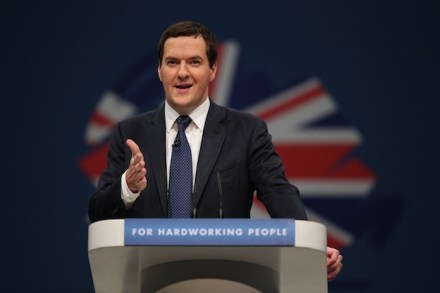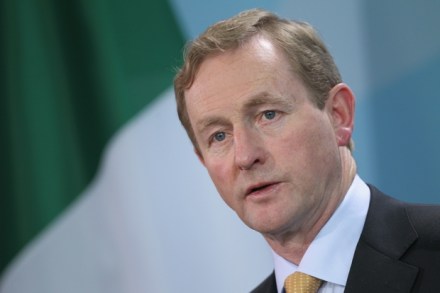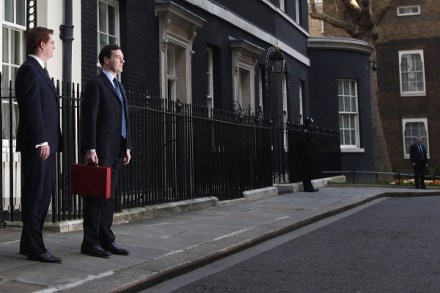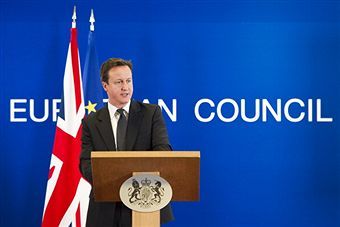George Osborne has seen the light on tax cuts. Now he needs to implement some more
George Osborne has not been a complete disappointment as Chancellor. He has, it is depressing to note, ended up giving Britain a leisurely ten years to get back in the black while the national debt soars. He has a worrying enthusiasm for finding new ways of hawking underpriced debt to business and homebuyers. But the British recovery is now gathering pace, Britain has more jobs than ever, and if you trawl the small print of his Budget statements, you can find a number of things that Osborne is getting right. He has stuck to his plan to shed hundreds of thousands of public sector jobs. And what Ed Balls dismissed








